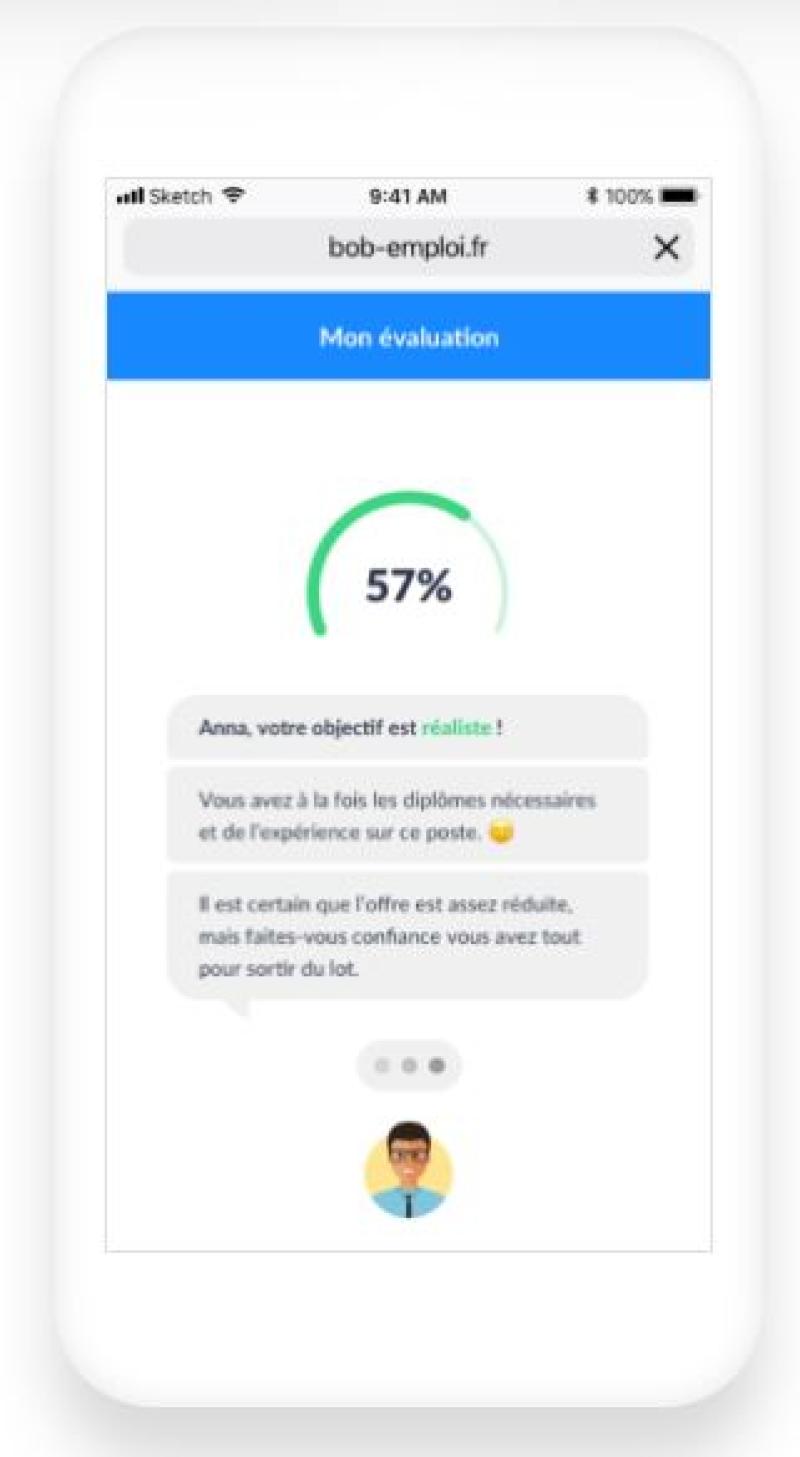Bayes Impact’s coronavirus tracking website is slowing the spread of disease
By Chris Welsch
For Bayes Impact, the COVID-19 crisis was a call to arms.
The non-profit organisation has made it its mission to help as many people as possible through data science and artificial intelligence, with the pandemic presenting an immediate challenge.
Just as the lockdown was starting in France, some of its team members saw situations where people had been infected with COVID-19 but did not inform those they had been in contact with, likely spreading the virus further.
“When we interviewed people to understand these behavioural patterns, we learned that the main reason for not notifying people was a combination of not knowing when they were at risk of spreading the virus, not remembering exactly who they had been in contact with, and even not wanting to tell others, as it can be a difficult subject to bring up,” says Bayes Impact’s co-founder and president, Paul Duan.
His team produced a website that makes it easy to identify and notify people you have been in contact with. The site, called Briser la Chaine, or Break the Chain, is voluntary and does not use Bluetooth or GPS technology, meaning that it does not impinge on privacy.
Citizen-led public services
Bayes Impact is complementary to the Bluetooth-based contact tracing app being developed by the French government, Paul says. Since Briser la Chaine started in mid-May, more than 5,000 people have used it. Doctors and clinics are recommending it to patients who test positive for COVID-19.
The website is just one example of the type of initiative created by Bayes Impact. “It’s what we refer to as a citizen-led public service,” Paul says. “The whole idea is that thanks to technology we now have the ability to build the public services we want – so if we see a way to create impact at scale we should do it.”

The Bob tool created by Bayes Impact uses artificial intelligence to help people find jobs.
AI assistance for jobseekers
Over the past two years, Bayes Impact has focused on the issue of unemployment. It developed a tool called Bob, which uses artificial intelligence to help jobseekers find and apply for work that appeals to them as effectively as possible. It has helped more than 200 000 French workers find jobs.

Bayes Impact’s president, Paul Duan, says his company’s technology will be even more important as the job market tightens
“It’s going to be really important for us to work on Bob because the economic consequences of this crisis are unfortunately going to be huge,” says Nicolas Divet, communications manager for Bayes Impact. “Our mission in the coming months will be to help those people who are a little lost with their job search and are trying to navigate a rapidly changing job market.”
Bob targets French jobseekers, although there are plans to expand the tool to the United States in the coming months. An English-language version of Briser la Chain, Conotify.org, is also available.
Bayes Impact was founded in California in 2014 but now operates mainly in France, with its team of 10 based mostly in Paris and Lyon. The company is part of the alumni network of the European Investment Bank Institute’s Social Innovation Tournament. The network is composed of tournament finalists and other entrepreneurs selected to attend executive training courses organised with the Católica Lisbon business school.
One of the advantages of Bob is that it uses real-time information on the job market to help jobseekers focus their efforts. In the coming months, that kind of knowledge will be even more important.
“One of the things we’re working on is adding ‘upskilling’ to Bob – training to help people navigate a job market that is going to be very difficult in the coming months,” Nicolas says. “Even the experts aren’t sure what things will look like. We’re trying to see what the upcoming needs in the labour market will be.”
Paul says “Briser la Chaine and Bob are good examples of citizen-led public services that we are scaling up with the help of governments. One thing we really want to see is more collaboration because it creates more impact.”